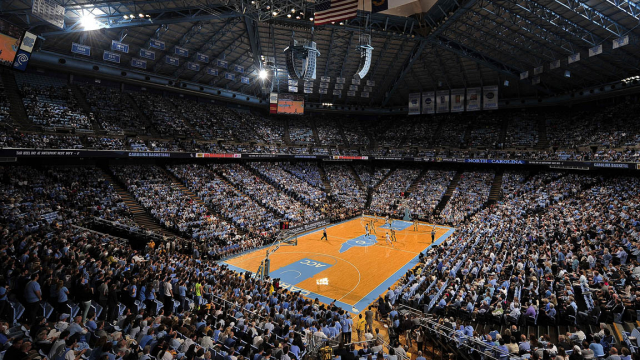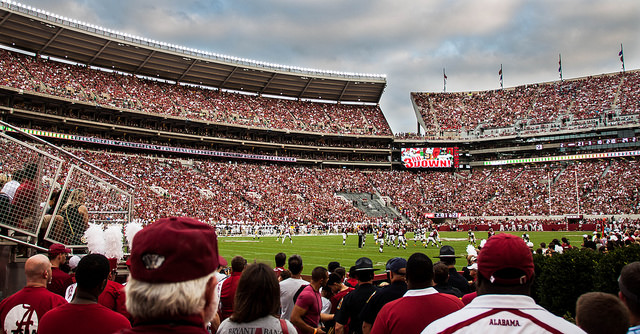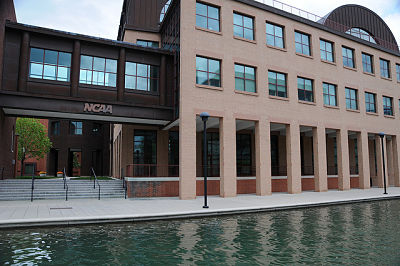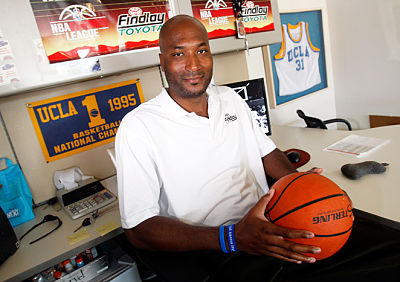As the University of North Carolina continues to seek an end of the athletics controversy that has roiled campus for more than six years, the removal of a history class on athletics from the fall schedule has raised governance questions. I argued that much of the controversy at UNC centered around governance problems at the institution and the decision to cut the athletics course has many asking if UNC still has a governance issue on campus. In today’s post, I want to discuss the facts behind the case and the relevant governance issues at play in the case.

The current controversy is focused on the class, “Big-Time College Sports and the Rights of Athletes, 1956 to the Present.”




